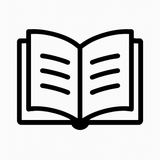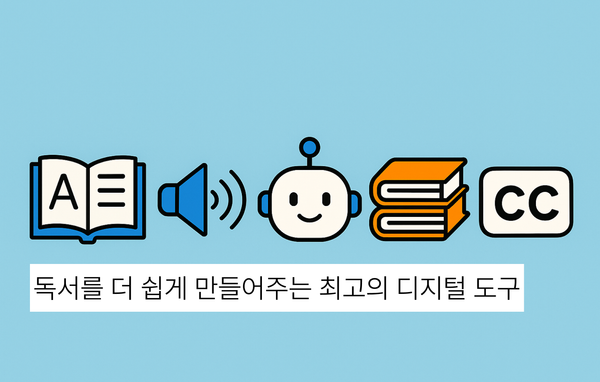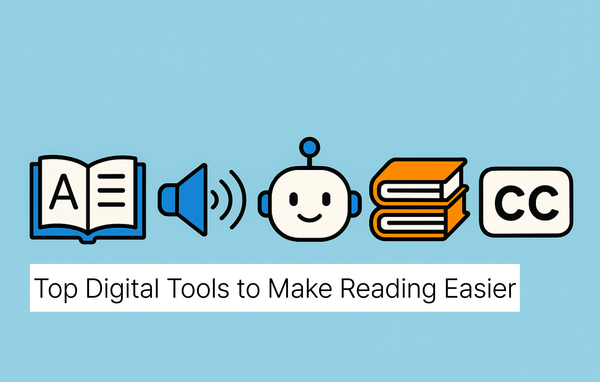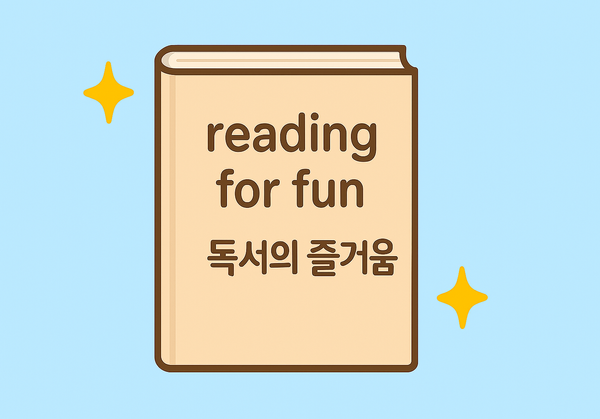Prepare for Your Reading Test with These Proven Methods: 5 Self-Study Tips
Preparing for a reading test? These 5 self-study strategies will help you boost comprehension, expand vocabulary, and improve test-taking confidence and speed.
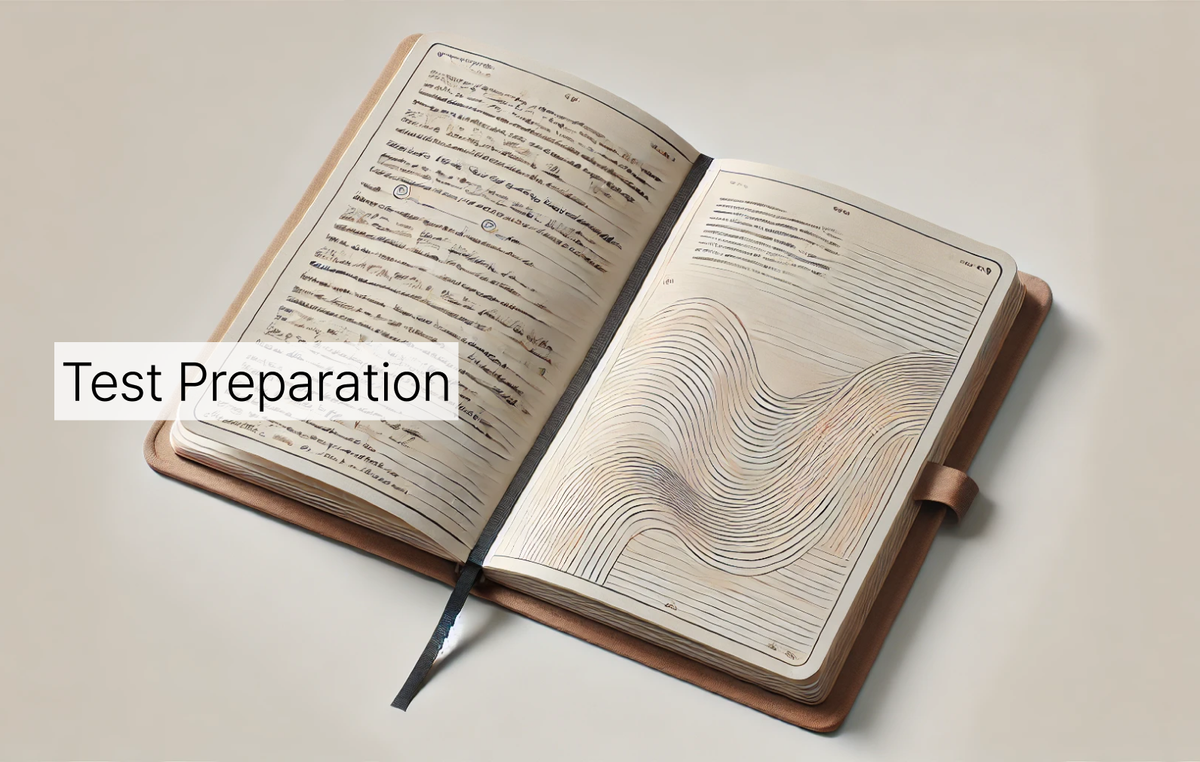
Are you gearing up for a reading test as an English as a Foreign Language (EFL) learner?
Preparation can make a big difference in your confidence and performance. Here are some practical methods to help you improve your reading skills and ace your test!
1. Choosing the text: Recommended text resources
Choosing the right reading materials is key to building your comprehension skills.
Here are a few options:
- Texts you enjoy: Whether it’s a novel, blog, or magazine article, reading something you like will keep you motivated and make learning enjoyable!
- Graded readers: Leveled books designed to match your reading ability can help you practice effectively without feeling overwhelmed.
- Simplified news articles: These are perfect for familiarizing yourself with real-world issues often covered in general reading tests.
If you’re just starting out, try reading shorter passages before tackling longer ones to build your confidence.

2. Build your vocabulary
A strong vocabulary is essential for understanding complex texts!
Here are some tips on how to expand your vocabulary:
- Focus on the Academic Word List (AWL): This list includes words commonly found in academic texts.
- Use flashcards: Apps like Anki, Memrise, and Quizlet are excellent tools for practicing new words.
- Learn words in context: Understanding how words are used in sentences, passages, or real-life scenarios helps you retain their meanings.
- Master synonyms and prefixes: Learning synonym lists and common prefixes gives you an edge in interpreting new words and creating meaning while you read.
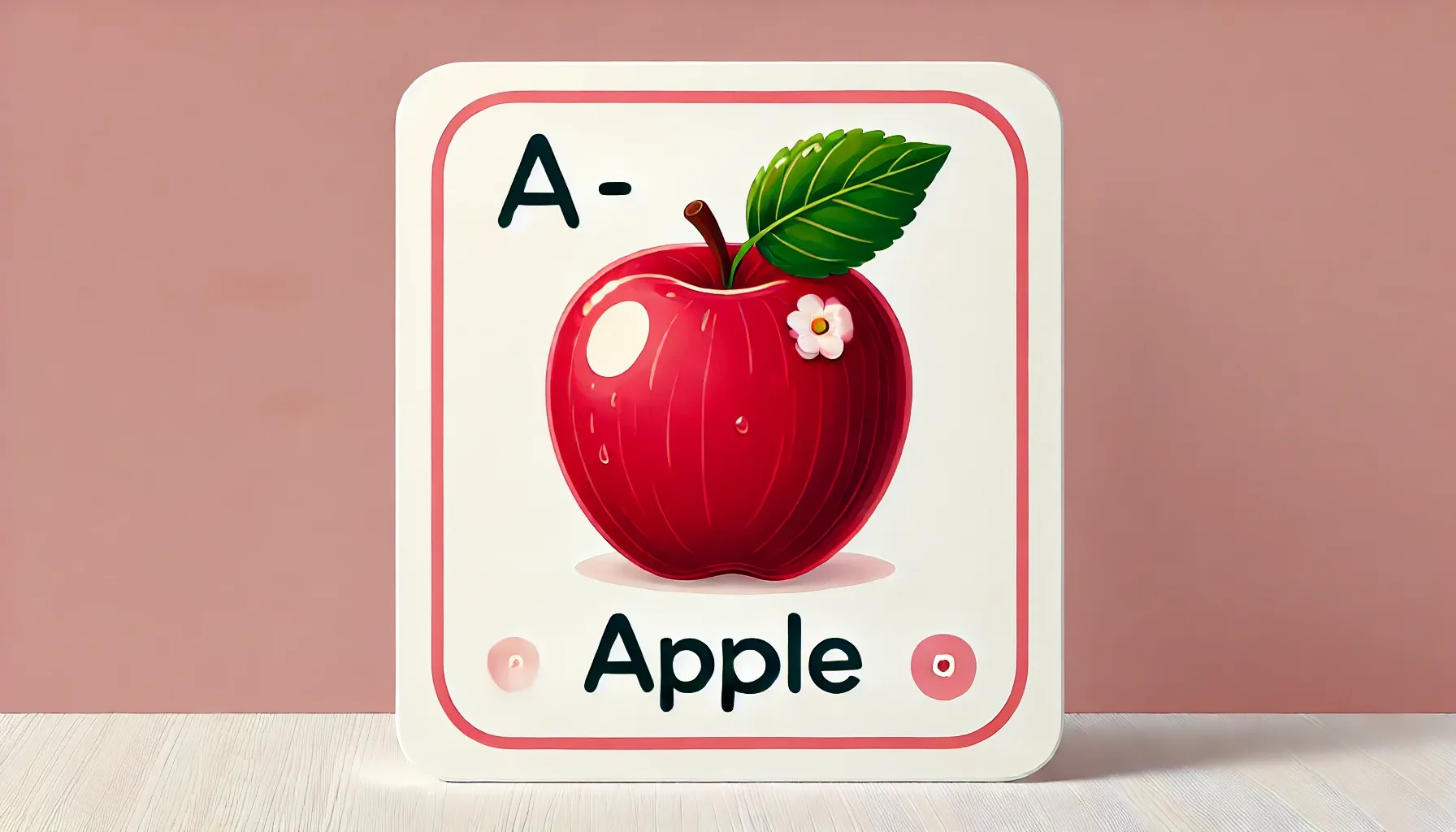
3. Practice reading questions and mock tests
Simulating test conditions is one of the best ways to prepare.
Luckily, there are a lot of online resources you can use!
Many websites offer mock tests and practice questions tailored to popular reading exams.
You could also try timing yourself. Familiarize yourself with the time limits of your test. For instance, IELTS has three sections, each requiring about 20 minutes.
Get an in-depth view of reading sections in IELTS and TOEFL.
If you know the setup and format of your test, use it to your advantage.
4. Practice self-questioning and analyzing skills
Engage with the text actively to deepen your understanding:
- Ask Questions: What is the main idea? Why did the author write this? What’s the purpose of a specific paragraph?
- Create Mind Maps or Presentations: Summarizing and organizing information visually can solidify your comprehension.
By engaging with the text in another format, you are likely to remember the content easily.
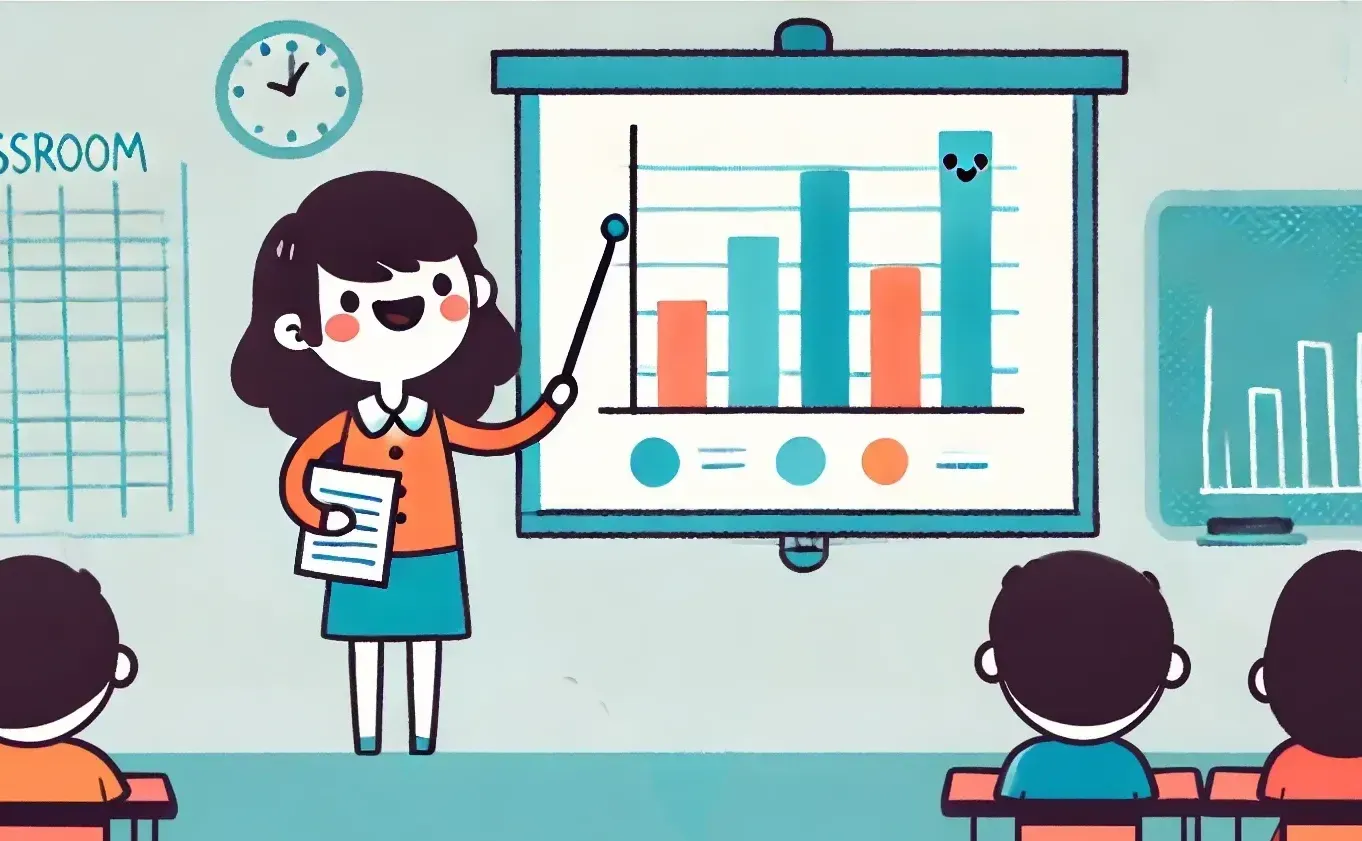
5. Practice skimming and scanning
These essential skills help you find information quickly and can be an advantage in a test environment.
- Skimming: Read the text quickly to grasp the main ideas.
- Scanning: Look for specific details like dates, names, or numbers.
Master these reading skills for improved comprehension.
Conclusion
By incorporating these strategies into your study routine, you’ll build the skills to approach any reading test with confidence. Remember, consistent practice is the key to success. Good luck!
